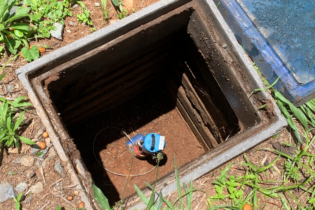The Department of Water and Sanitation says it is in consultation with a number of stakeholders and water entities around the country to ensure that their systems do not fail amid ongoing load shedding.
Deputy Director-General for Special Projects, Trevor Balzer, says the department is monitoring the situation and will respond as required, however he adds that the power outages should, however, be reason enough for water users to double their water conservation efforts. According to Balzer there have been no reported water disruptions attributable to load shedding as yet and he is urging the public not to panic with regard to water supply.Working with Eskom to secure water supply
“In every 24-hour cycle of rotational load shedding, we can lose about four hours of pumping capacity. This is about 16% of capacity at a station, which would normally pump for 24 hours. So if we do indeed lose this type of capacity, we would require a similar reduction in consumption as we did during the past drought,” Balzer explains. “Eskom has material interest in keeping our pump stations operational as they rely on our water supply to keep the power stations operational. We will be engaging with Eskom regarding protocol if we have to shut any station down. “Some of our pump stations with variable speed motors need to go through an operational shutdown process and should not be subjected to a power failure,” he continues.







